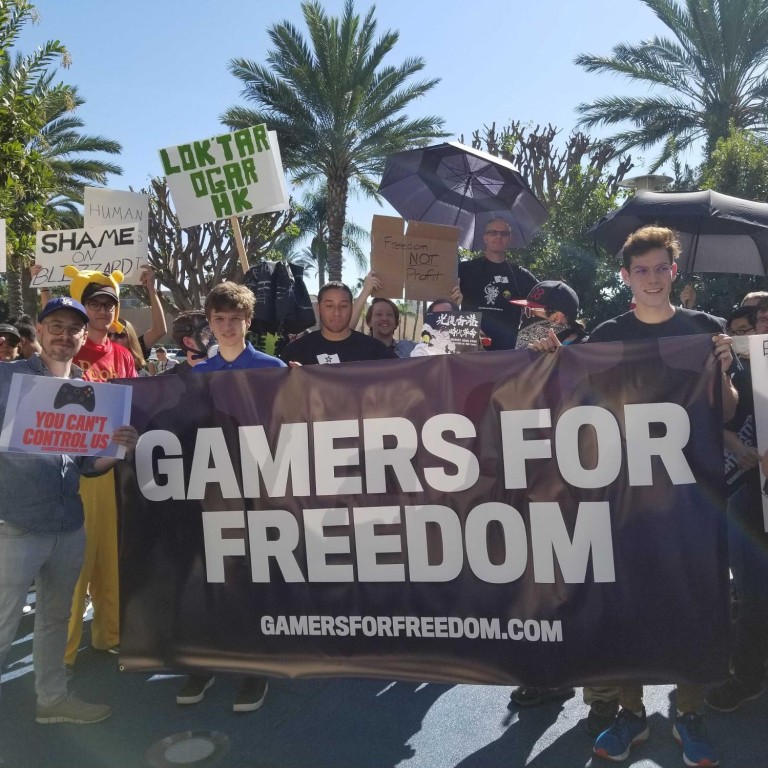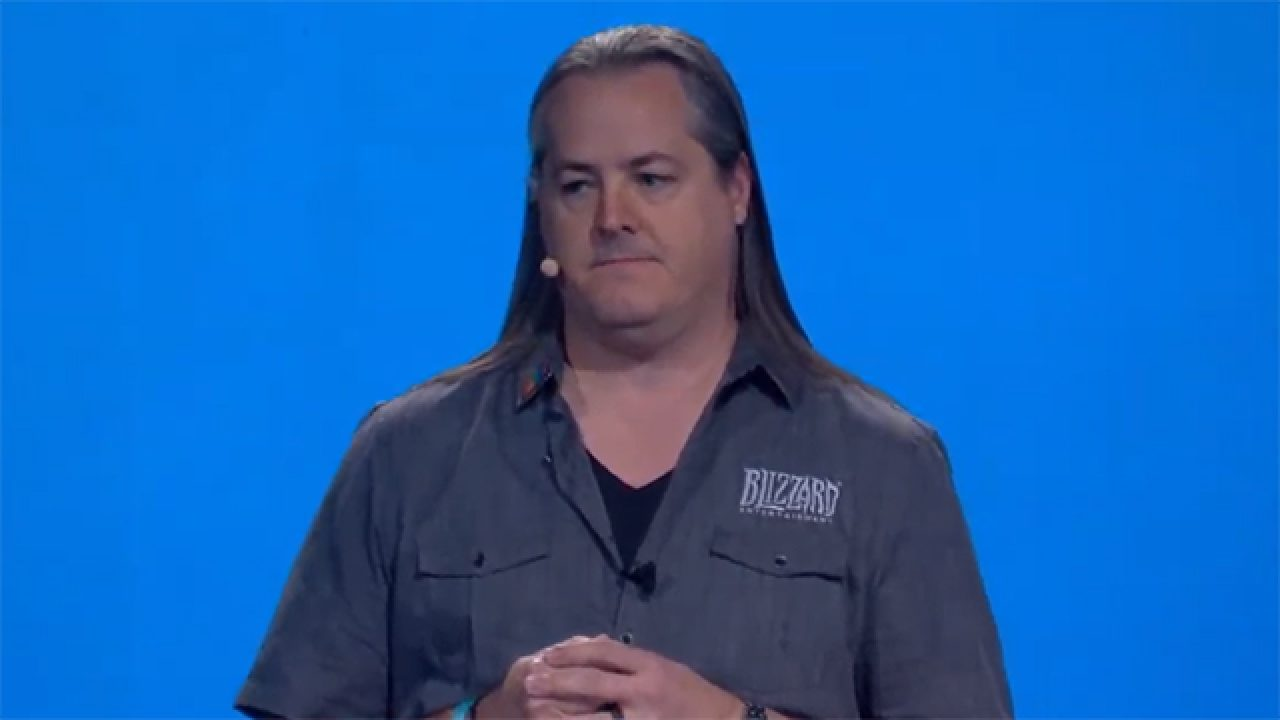
Chinese gamers think Blizzard supports them after vague apology
Blizzard president J. Allen Brack apologized at BlizzCon in the wake of the Blitzchung Hearthstone controversy, but it was vague enough for alternate interpretations
With protests outside and many more watching closely online, Blizzard’s biggest annual event saw the company walk a careful tightrope.
Blizzard president J. Allen Brack opened BlizzCon with a statement that attempted to soothe fears in the US that the company was siding with China… while also not angering Chinese gamers. In a sense, it worked: While Brask faced some criticism from players in the West, his comments were barely noticed at all in China -- and the few who did assumed Brack was indeed taking China’s side.

One way he pulled it off? Brack never mentioned Blitzchung, the name of the esports player punished, nor did he say Hong Kong. Instead, Blizzard’s president referred to the controversy as “a tough Hearthstone esports moment.” He offered an apology, but not to Blitzchung; Brack instead said sorry for not living up to Blizzard’s high standards or fulfilling the company’s mission to “bring the world together in epic entertainment.”
Brack’s comments were so open to interpretation that some Chinese gamers thought he was siding with them.
Zhihu, where people in China go to ask questions and get answers
That lack of reaction might count as a win in China for Blizzard, given that it’s an audience which thinks it should have nothing to apologize for. The few Chinese gamers who did hear of Brack’s comments sympathized with the company.
“If Blizzard is sorry, they should change their policy banning political speech,” the group posted on Twitter.

But some believe that protest sentiment may dissipate over time. Chengdu Gaming Federation founder Charlie Moseley suggested this will be the case as Blizzard gets closer to releasing Diablo IV and Overwatch 2, two new games teased at BlizzCon.
“I have a feeling that games as a proxy for political disputes might not be as long-standing an issue as many people think,” Moseley said.
For more insights into China tech, sign up for our tech newsletters, subscribe to our Inside China Tech podcast, and download the comprehensive 2019 China Internet Report. Also roam China Tech City, an award-winning interactive digital map at our sister site Abacus.

